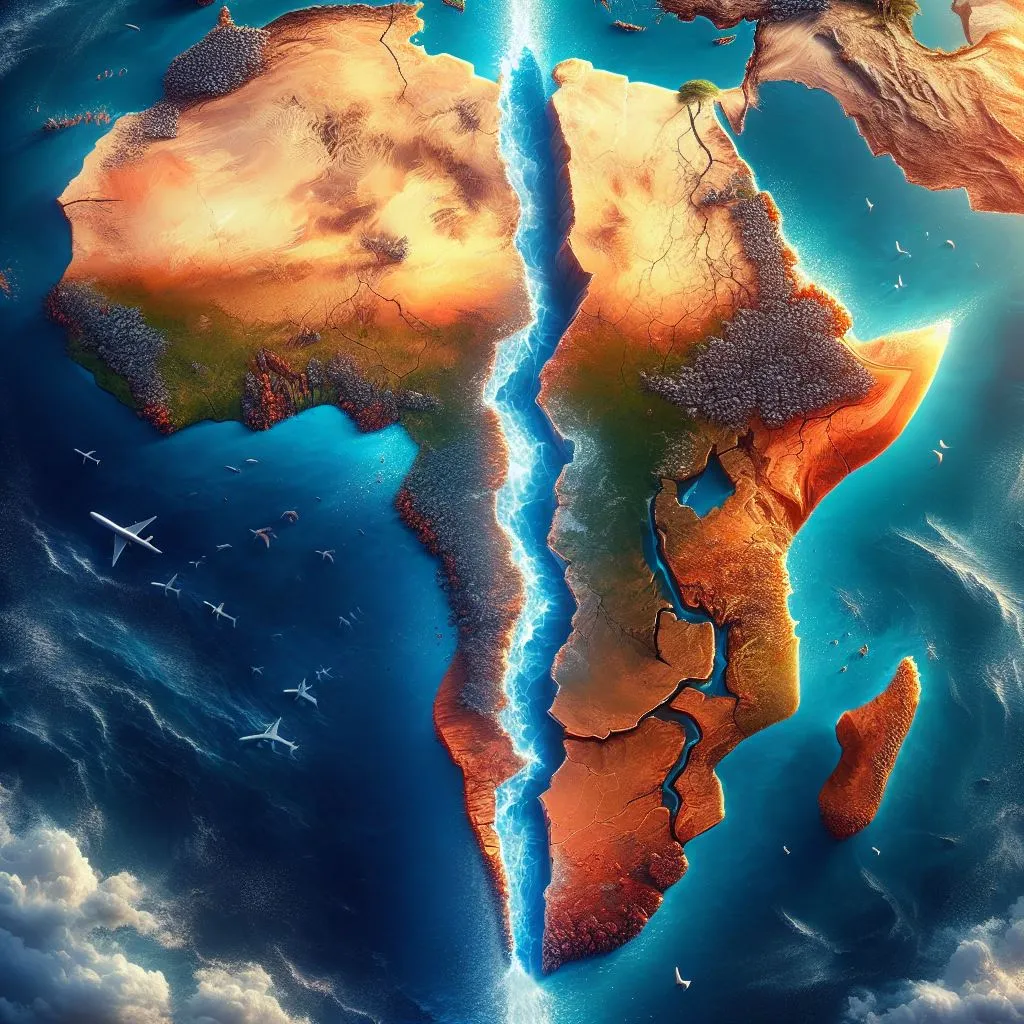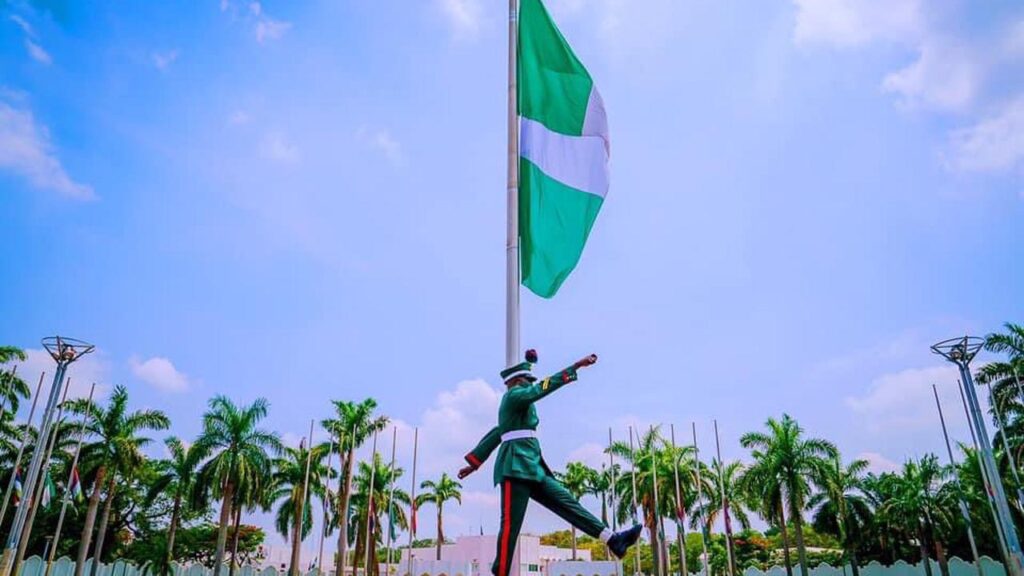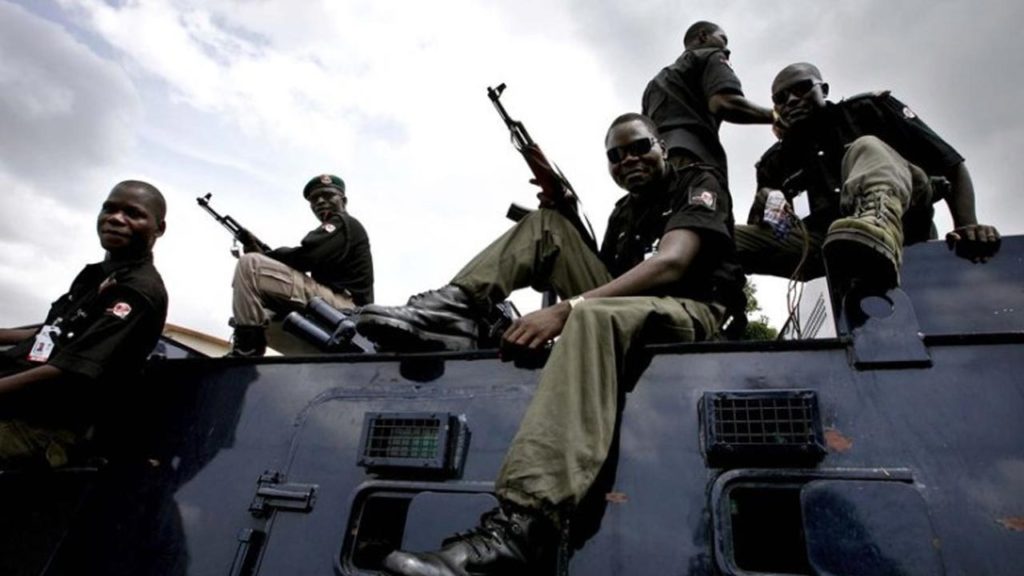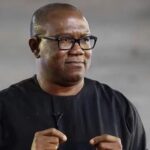
Continued from yesterday
A for the first time after Hiroshima and Nagasaki, wehave come really close (closer than Cuba) to the possibility of the use of nuclear weapons, close enough for Putin to say the lessons of history have not been learnt:
“In the early 21st century, everybody hoped that states and peoples had learned lessons of the expensive and destructive military and ideological confrontations of the previous century, saw their harmfulness and the fragility and interconnectedness of our planet, and understood that the global problems of humanity call for joint action and the search for collective solutions, while egotism, arrogance and disregard for real challenges would inevitably lead to a dead-end , just like the attempts by more powerful countries to force their opinions and interests onto everyone else.
This should have been obvious to everyone. It should have, but it has not. It has not” (Putin’s address to the plenary session of the 20th meeting of the Valdai International Discussion Club in Sochi 2023). While some might accuse Putin of being sentimental, it is a trite fact that “We learn from history that we do not learn from history” (Georg Hegel).
If Putin’s initial remarks were considered as indirect, he came in the open and
“The United States and its satellites have taken a steady course towards hegemony in military affairs, politics, the economy, culture and even morals and values. Since the very beginning, it has been clear to us that attempts to establish a monopoly were doomed to fail. The world is too complicated and diverse to be subjected to one system, even if it is backed by the enormous powers of the West accumulated over the centuries of its colonial policy. Your colleagues as well – many of them are absent today, but they do not deny that to a significant degree, the prosperity of the West has been achieved by robbing colonies for several centuries. This is a fact. Essentially, this level of development has been achieved by robbing the entire planet”.
Today, another hot war has erupted in the Middle East between Israel and Hamas with their traditional allies in tow and the possibility of the war escalating and spreading to other regions.
The two hot wars are by no means the only flash points in the world. There are a dozen other places considered to be high-risk including Taiwan, South China Sea, North Korea, Iran, Syria, Yemen, etc, prompting the formation of emergency geo-political organisations including AUKUS. At some point, thoughts were had of extending NATO membership to Japan even as Japan is not contiguous to the North Atlantic! Across Africa and Asia, there have been other wars in various stages prompting some to conclude that the world is in a desperate situation.
However, others argue that “there are no desperate situations; only desperate men” (Joseph Goebbels). Putin seems to share the view that the situation is not desperate even when his actions speak to the contrary. At Sochi, he had said:
“I am confident that humanity is not moving towards fragmentation into rivaling segments, a new confrontation of blocs, whatever their motives, or a soulless universalism of a new globalisation. On the contrary, the world is on its way to a synergy of civilisation-states, large spaces, communities identifying as such”.
In spite of Putin’s seeming optimism, Einstein is among those who subscribe to the notion that “the world is a dangerous place to live, not because of the people who are evil, but because of the people who don’t do anything about it” (Albert Einstein).
Not a few share this philosophy including Putin who is seen as having risen to the threat posed by the West, bullet for bullet, projectile for projectile and boot for boot.
The confrontation is by no means limited to the military domain. The U.S. has rallied the West in its policy of containment, curtailment and encirclement of China just as the West has slammed unprecedented sanctions on Russia even as their economies run into recession as a result of these sanctions.
In Africa, there is a renewed rivalry between the West and the East (led by Russia and China) on the one hand and the familiar Western landlords. Political, economic and military advantages are at the heart of it all. There are also wars, insurgencies and other threats internal to these African countries.
In light of these irreconcilable differences around the world with everybody’s finger on the trigger, the world might truly be in some significant danger and accordingly has need of a new direction. But more importantly, where does that leave Africa?
First, the direction the world is presumed to be in need of. In my view the world is in need of more integration, co-operation, and collaboration in all spheres of human endeavour to end hunger, poverty, want, disease, ignorance and discrimination. But wait a minute, this is the view of the doves, and although in the majority, they have little or no say in the affairs of the world even as Putin says, “we stand for equality, for diverse potential of all countries”. In summary therefore, the integrative view will be no more than a sermon preached from the oak-panelled chamber of the United Nations General Assembly which the more powerful countries will shrug off with a familiar smugness.
Accordingly, not a few think the world will increasingly get more violent, bitter and polarised with regional military and socio-economic organisations such as NATO and EU not masking their interests which are often downright insular and selfish. This pits the West against the rest of the world, much of a febrile world. The renewed and unmasked herd behaviour (or gang-up) of Western countries in recent conflicts with literally no dissenting voice from within even when the truth is so obvious, has pushed not a few to the painful realisation that the West only cares about its own skin. This inevitably raises the decibels of bitterness, polarisation and confrontation.
With time, it is most probable that regional organisations such as NATO and EU and their parallels elsewhere will take precedence over the UN which some of us predict will die a slow natural death, more out of its impotence and irrelevance than anything else. The glaring recent herd-behaviour of Western countries under the leadership of the United States and determination of some other countries to no longer “take orders any more or make their interests and needs dependent on anyone, above all on the rich and more powerful” (Putin in Sochi) will be another spark that will ignite a wave of confrontations never before seen. It will similarly trigger the formation of other regional organisations or the strengthening of existing ones like BRICS.
To be continued tomorrow.
Upah is a public affairs and leadership analyst.













